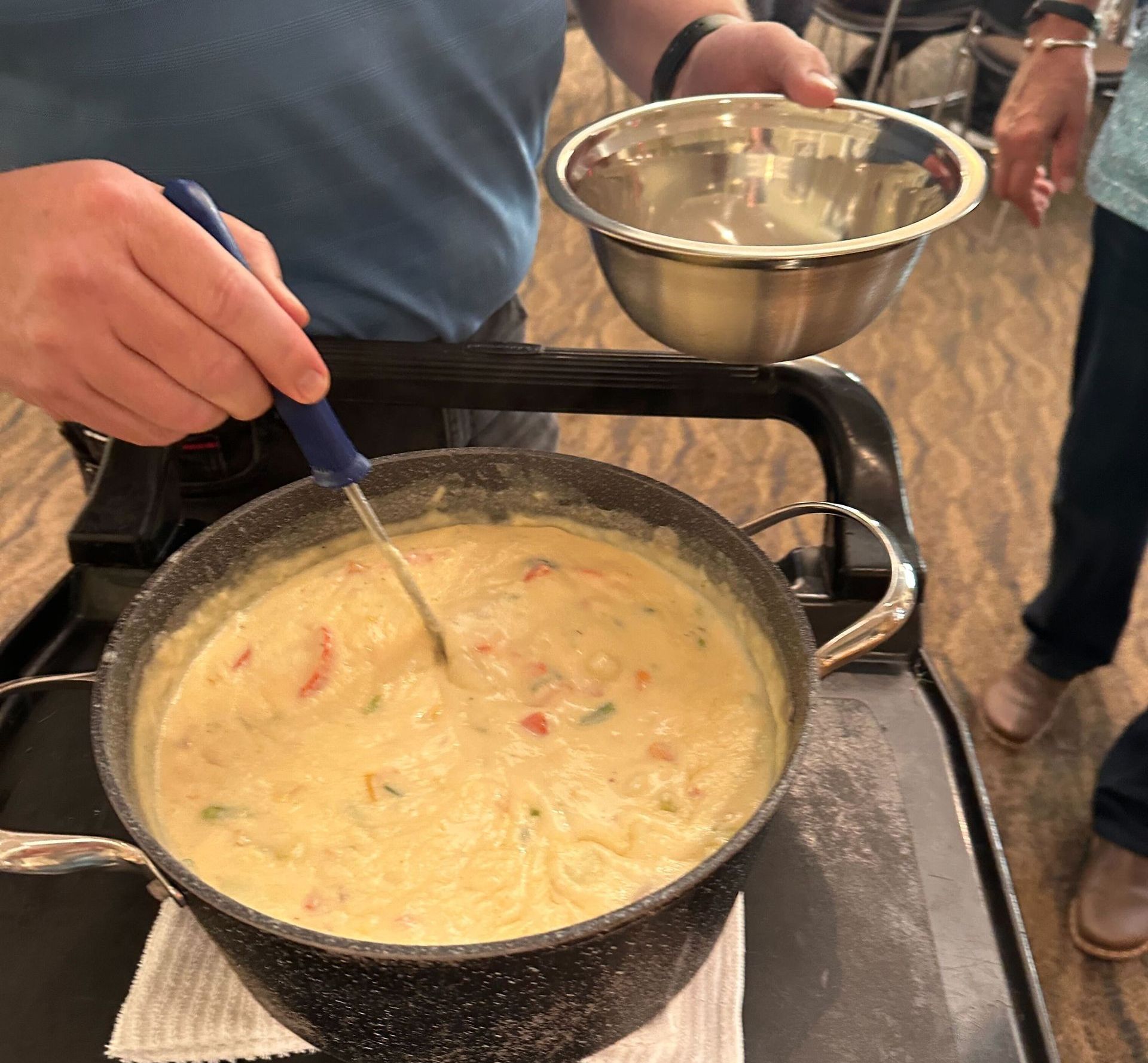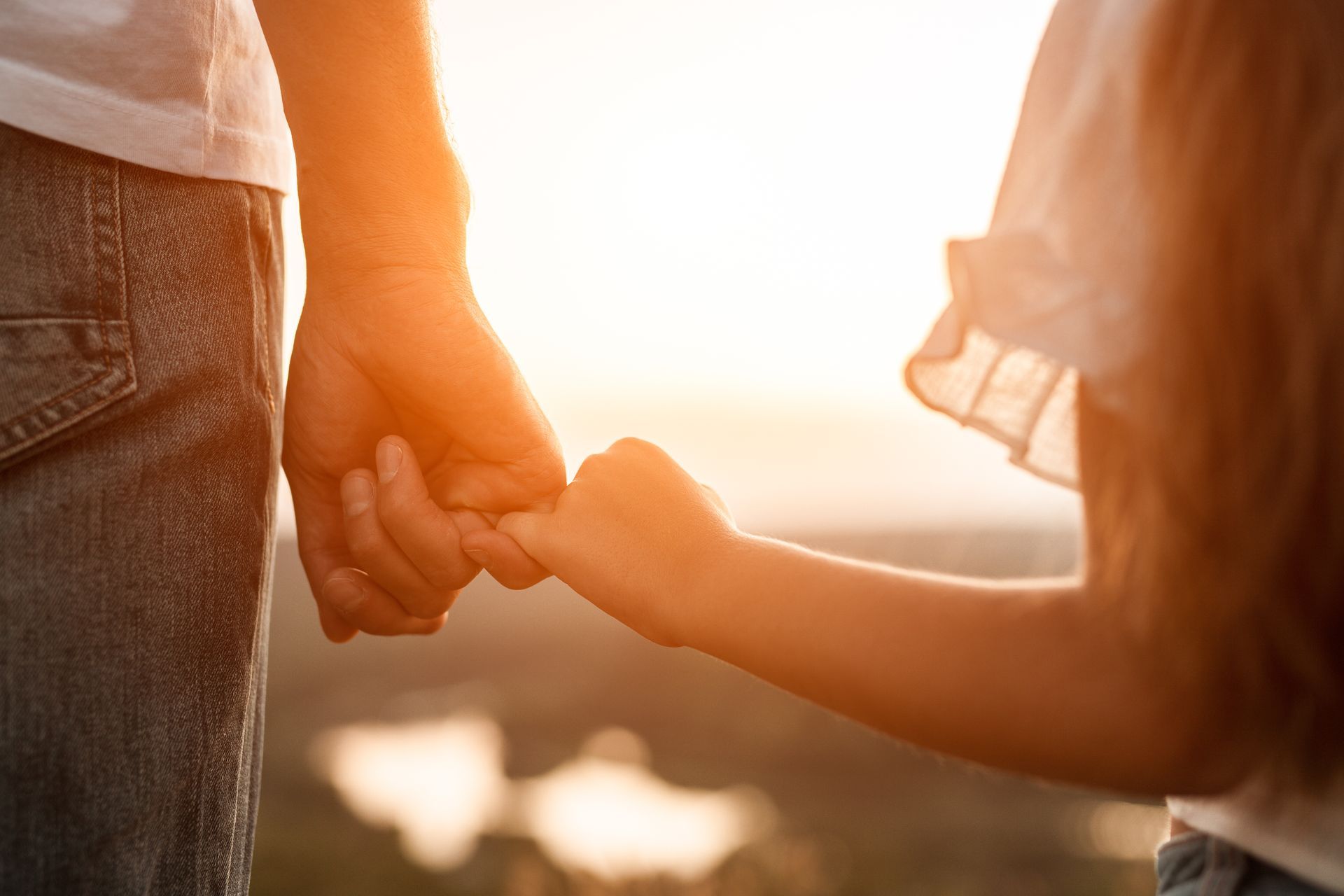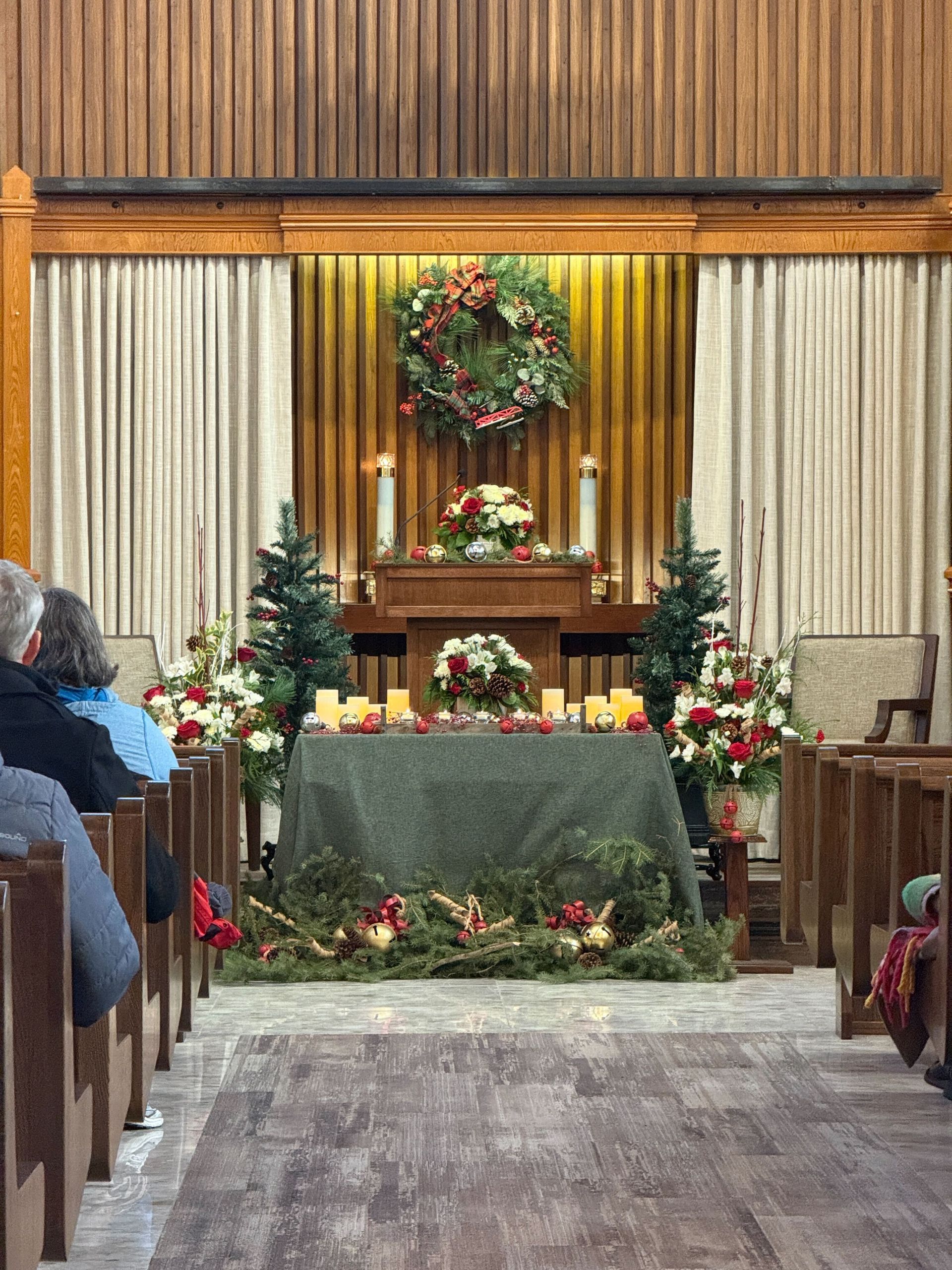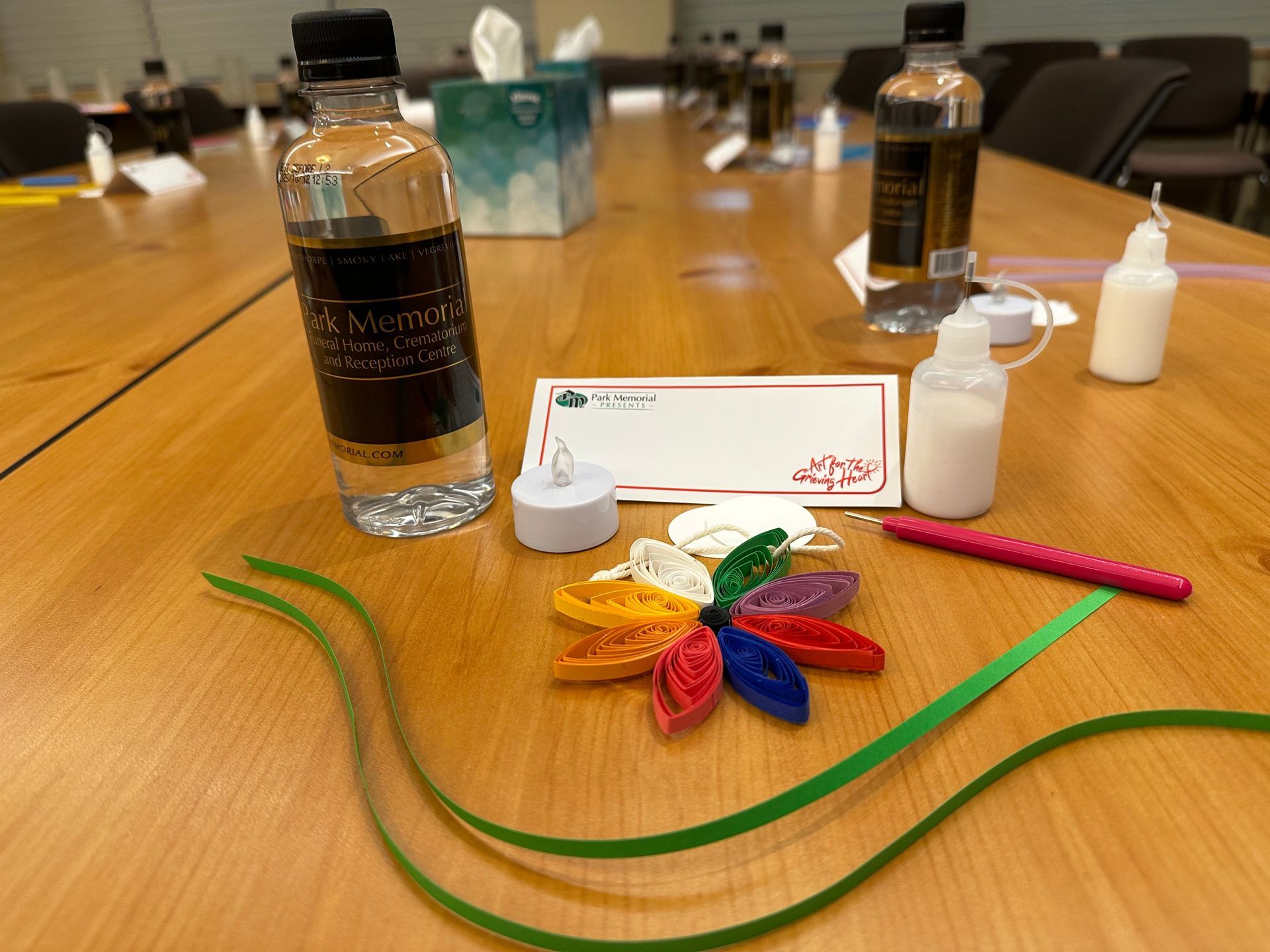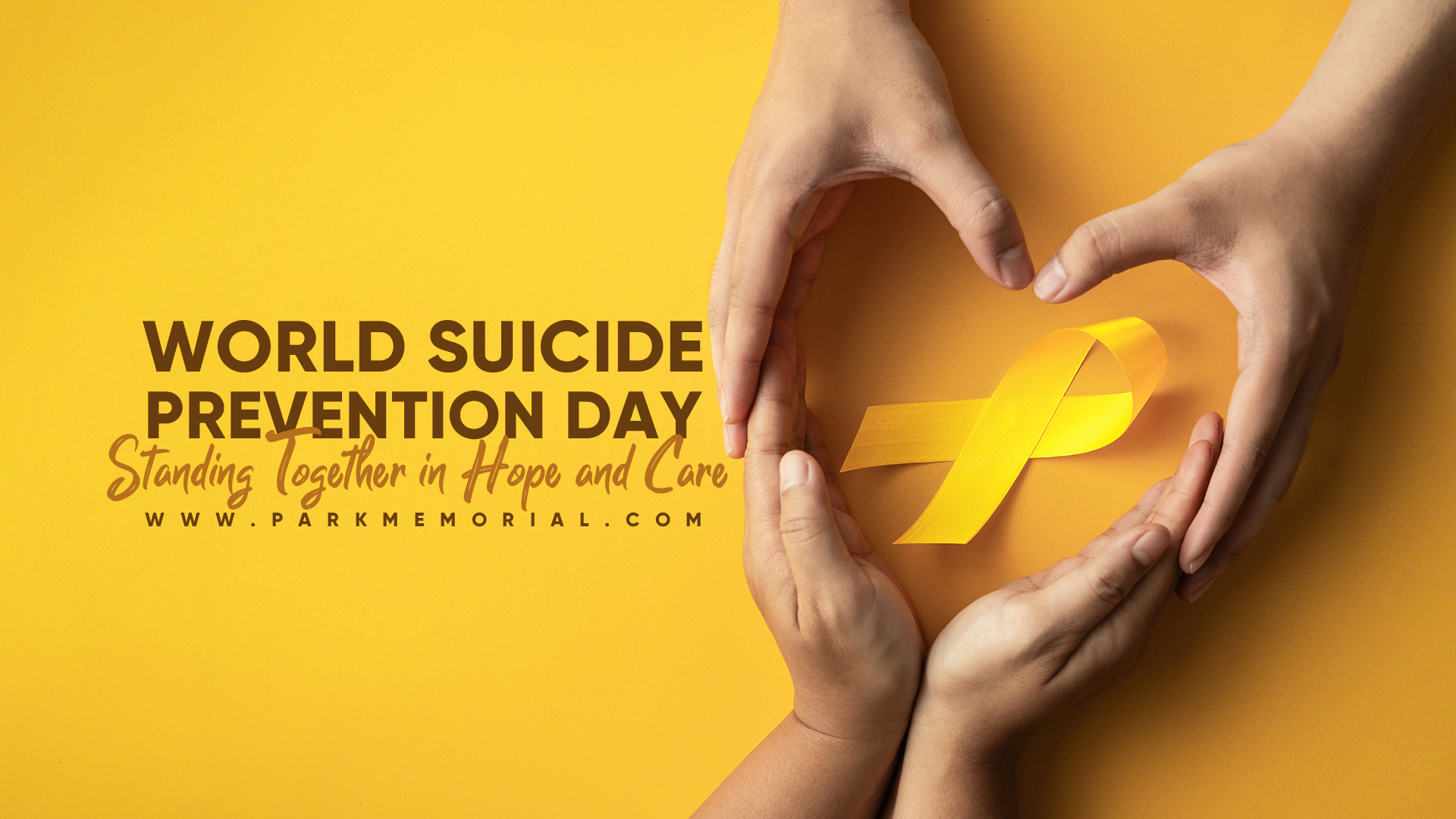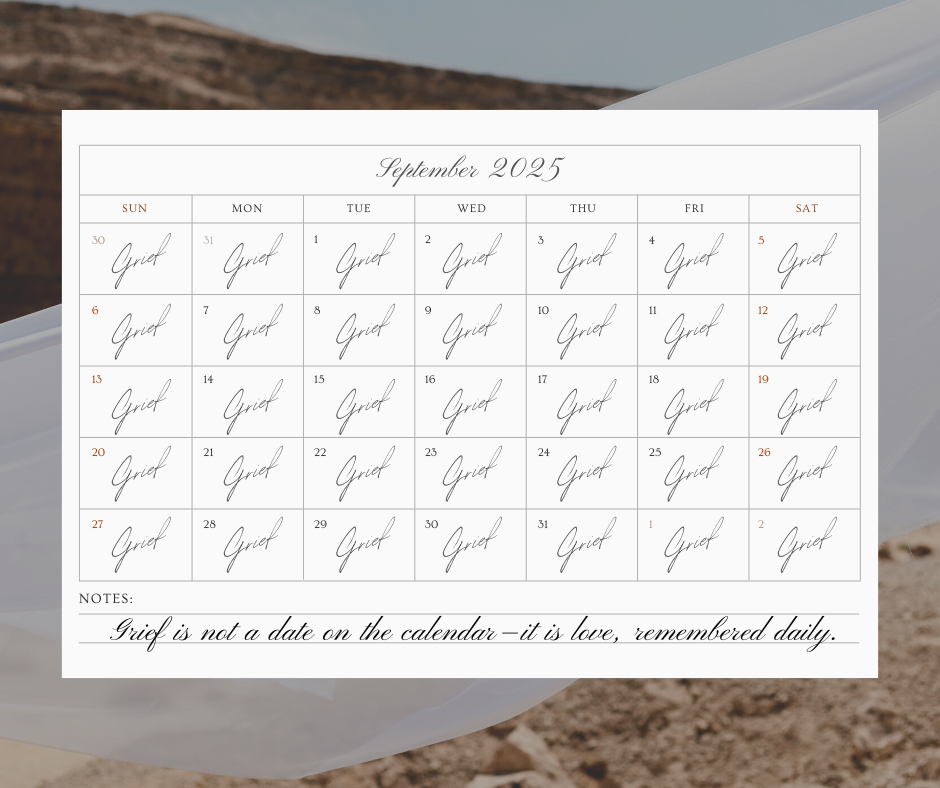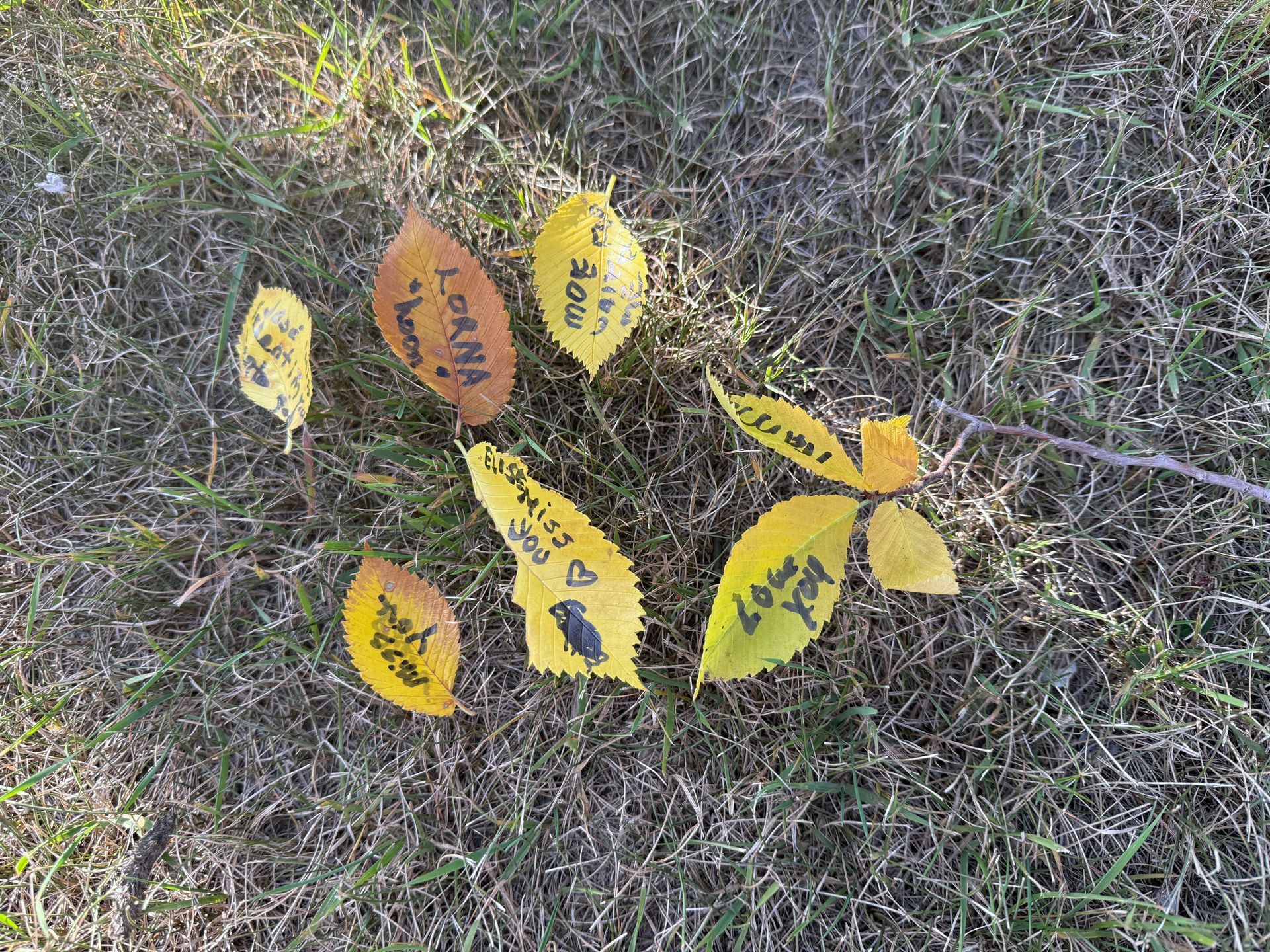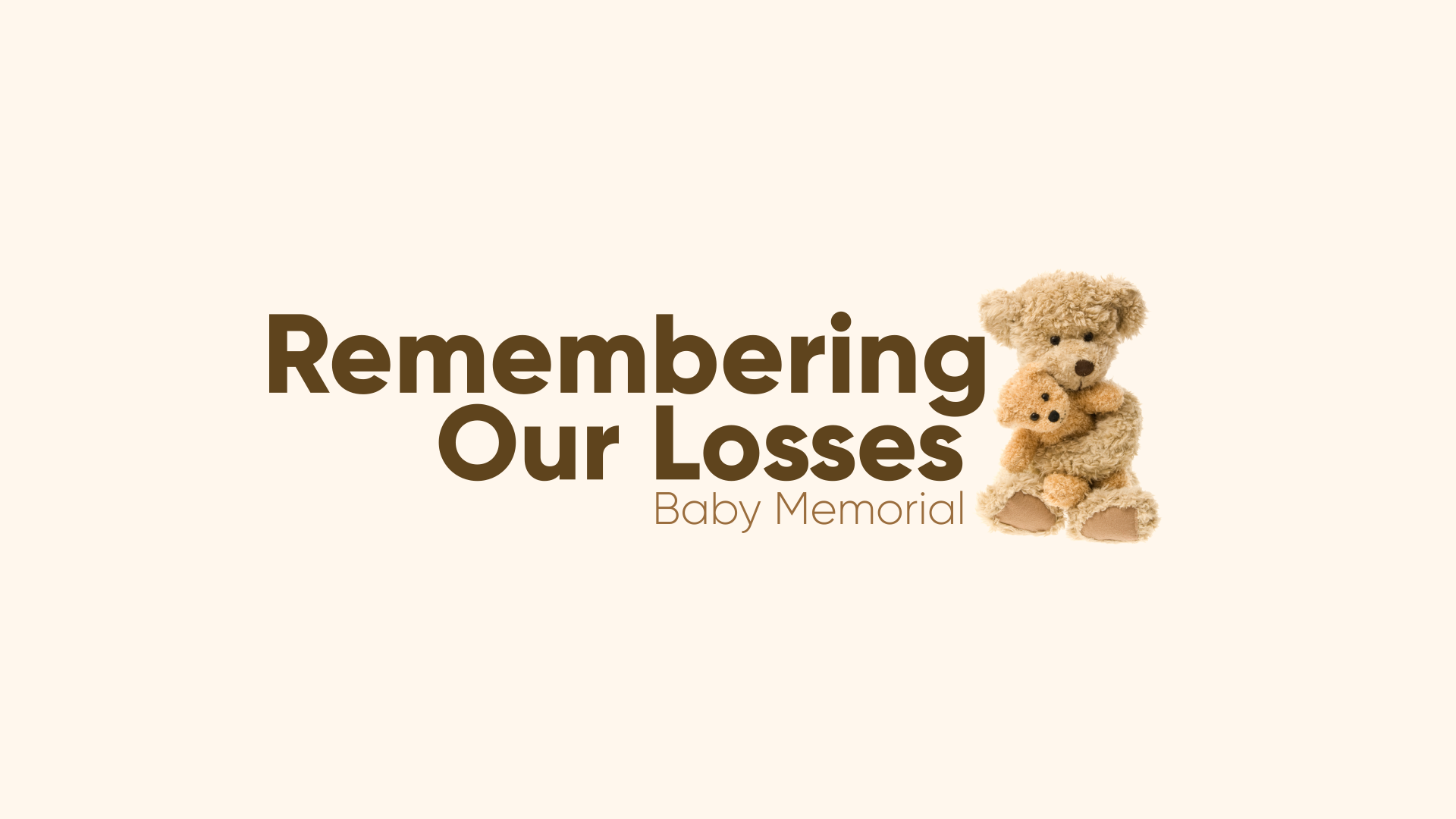And now what? And now we learn from the geese
Strength to Cope
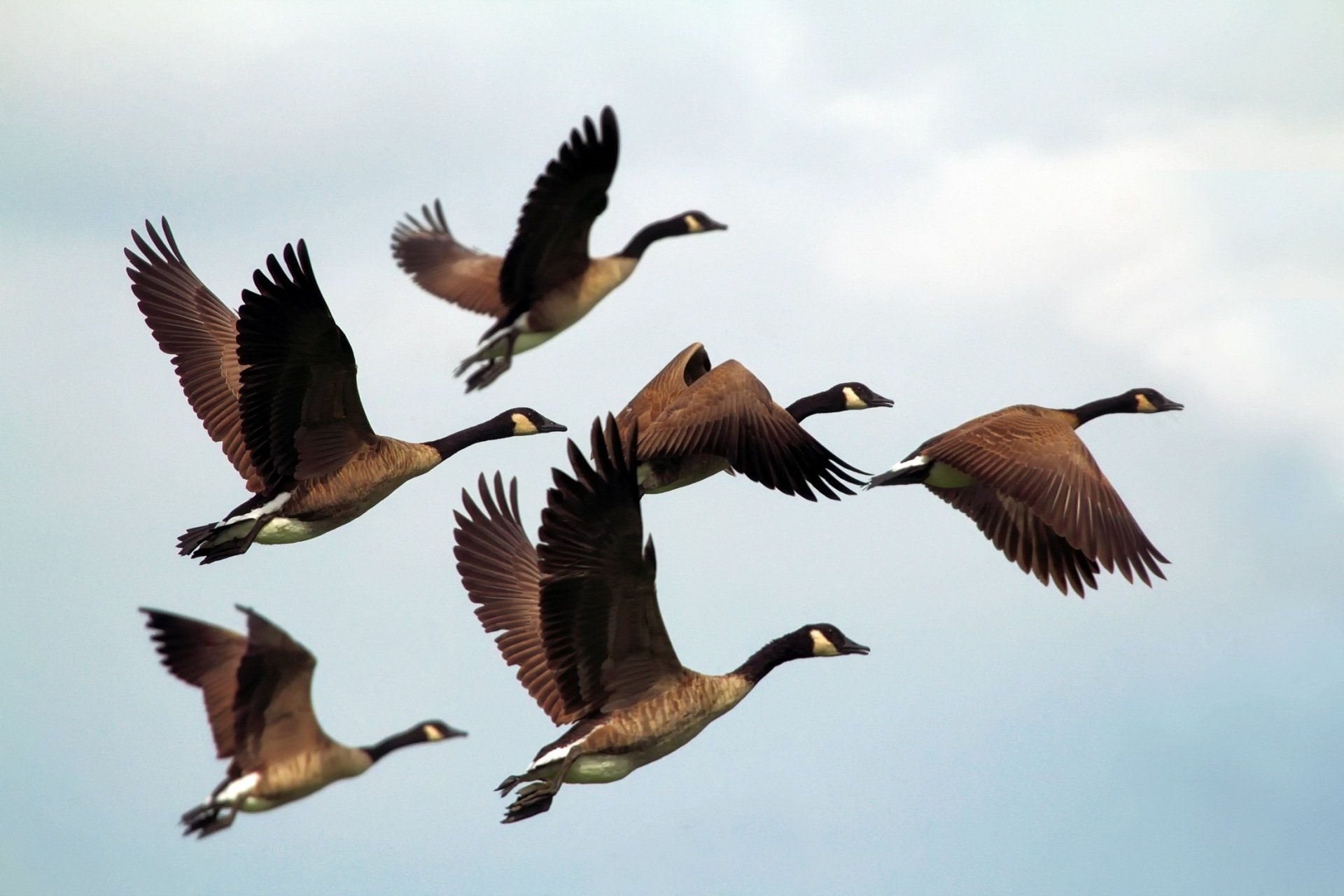
As we emerge from the COVID-19 pandemic, we’re feeling anxious. A recent survey from the American Psychological Association found that 49 percent of adults reported feeling uncomfortable about the prospect of life returning to normal. That’s because we’re different now. That pesky word “normal” implies that we can get back to the way things were, that we can pick up right where we left off before the pandemic hit. But nothing could be further from the truth. There’s no going back to the old normal. There’s only creating a new normal. Whenever we’re impacted by significant loss of any kind, we’re changed by it. After someone we dearly love dies, for example, we’re never quite the same. The hard work that is grief, in fact, is the very process of coming to terms with our new normal, which includes developing changed self-identities and revising our understanding of what gives our lives meaning and purpose.
Like any great loss, the COVID-19 experience, too, has changed us. Grief caregivers, especially, have been affected in a myriad of challenging ways by the pandemic. You have been at the frontlines of so many losses suffered. And so you yourself are now in a period of constructing a new normal. You are in a time in which you must acknowledge everything that happened, feel and express your many continuing feelings about it, and work to reconstruct meaning in your vocations and your lives. Post-pandemic, all of this hard work of grieving, mourning, and finding a new normal requires human empathy and kindness. If there has ever been a time when we needed to support and nurture one another, it is now. In reflecting on this need to support each other during this post COVID period of reconstruction, we would be well-served to look to the skies. Wild geese have much to teach us about community and lifting one another up. Let’s observe the five natural instincts for support and companionship demonstrated by wild geese.
“Wild geese have much to teach us about community and lifting one another up.”
OBSERVATION 1: When the flock is on a journey, by Alan D. Wolfelt, Ph.D. And Now What?... AND NOW WE LEARN GEESE FROM THE Wild geese have much to teach us about community and lifting one another up. the flapping of the wings of each individual goose results in an uplift for the bird that follows. By flying in a “V” formation, the entire flock achieves 71 percent greater flying range than if each bird flew alone. Implication: As we are finding our new normal post-pandemic, we, too, are on a journey. Your fellow grief care providers are on a similar journey, and you can all be uplifted by journeying together. No, you need not travel alone, nor should you try!
OBSERVATION 2: Whenever a goose falls out of formation, it experiences the drag and resistance of trying to fly alone. The goose then realizes it needs to get back into formation to take advantage of the collective lifting power of the flock. Implication: Just as geese benefit from staying in formation with those on a similar journey, we as humans are better off if we accept the lifting power of those who journey alongside us. We are grace filled when we open ourselves to the support of our fellow travelers.
OBSERVATION 3: If any one goose has a problem, two other geese will always drop out of formation and follow the wayward goose to help support and protect it. They stay present to the goose that has special needs until it is able to continue the journey with them. Implication: If we humans can learn from the wisdom of geese, we will always companion each other in difficult times. Receiving help from others strengthens the bonds of compassion and love that help us survive when we are devastated by loss and difficult change.
OBSERVATION 4: When the goose leading the flock gets tired and overwhelmed, it rotates back into the formation, and another goose flies at the point position. Implication: No one person on a caregiving team can lead the way all the time. Especially during difficult times, it is wise for leaders to acknowledge when they are tired and need others to care for them and protect them from the headwinds.
OBSERVATION 5: While flying in formation, the geese honk to each other as a form of encouragement and mutual support. Implication: Now is a time that we all need encouragement from those around us to remind us of our interconnectedness. We must allow ourselves to rely on each other, otherwise in our struggle to find a new normal post-pandemic, we will likely end up feeling totally alone and completely isolated.
“If we humans can learn from the wisdom of geese, we will always companion each other in difficult times.”
Where To Turn for Help
“There is strength in numbers,” one saying goes. Another echoes, “United we stand, divided we fall.” As you work to grieve the many losses you have experienced in the past months, it’s essential to let other people in. Both inside and outside of your work and volunteer community, I encourage you to make room for those you trust the most. Carefully chosen friends and family members whom you feel safe with can often be at the center of your support system. Seek out people who encourage you to be yourself If we humans can learn from the wisdom of geese, we will always companion each other in difficult times and who acknowledge your many thoughts and feelings.
Open your broken heart a little at a time to those people in your life who are compassionate and loving listeners. In an ideal world, this is your family and friends. If this is not true for you, my hope is that you will seek out other sources of support. The darkness that COVID may have brought into your life is a place from which you might be temped to judge others, particularly their motivations. True, not all will be able to feel your profound losses the way you do, so don’t expect them to be able to. Except in cases in which there is evidence that you can’t trust someone’s intentions, try to be open to letting others be of support to you.
Remember— you are doing the best you can, from moment to moment, from day to day. You may also find comfort in talking to a minister or other spiritual leader. As you work to find your new normal, it may be natural for you to feel ambivalent about questions of faith and the meaning of life. A clergy member or spiritual mentor who responds with nonjudgment and empathy to all your feelings can be a valuable resource. A professional counselor may also be a very helpful addition to your support system. In fact, a good counselor can be something friends, family members, and colleagues can’t be right now: an objective listener. A counselor’s office can be a place of sanctuary where you can give voice to those feelings you may be afraid to express elsewhere.
As with everything else in this overwhelming time, counseling is an intensely personal choice. However, when you find the right counselor, you may well have found a safe haven in which to experience and explore the jumble of feelings impacting you. Not all but many people discover that support groups are one of the best helping resources—even for caregivers! In a group, you can connect with others who have experienced similar thoughts and feelings. You will be allowed and gently encouraged to talk about your struggles as much as you would like. In these groups, each person can share their unique loss experiences in a nonthreatening, safe atmosphere. While I’m sure you’re looking forward to face-to-face gatherings with colleagues, in the meantime perhaps you have access to a study group that allows you to stay in contact with other grief caregivers online. Such groups could be a lifeline during this time of transition to a new normal.
As a grief counselor, I have been privileged to have thousands of people challenged by loss reach out to me for help. Among the lessons they have taught me is that sharing their grief with others is an integral part of the healing process. Perhaps it is helpful to remember that by definition, mourning means “the shared response to loss.” Remember, help during this post-pandemic period will come in different forms for different people. The trick is to find the combination that works best for you and then make use of it. I hope this article has helped you understand the importance of reaching out to one another during this difficult time. Please don’t try to confront your pandemic grief and loss experience alone and solely inside yourself. You need and deserve companions—friends, relatives, colleagues, counselors, and others who have also experienced challenges during the pandemic— who will walk with you as you make the difficult journey to a new and meaningful normal.
To access Dr. Wolfelt's original post, please click here.
